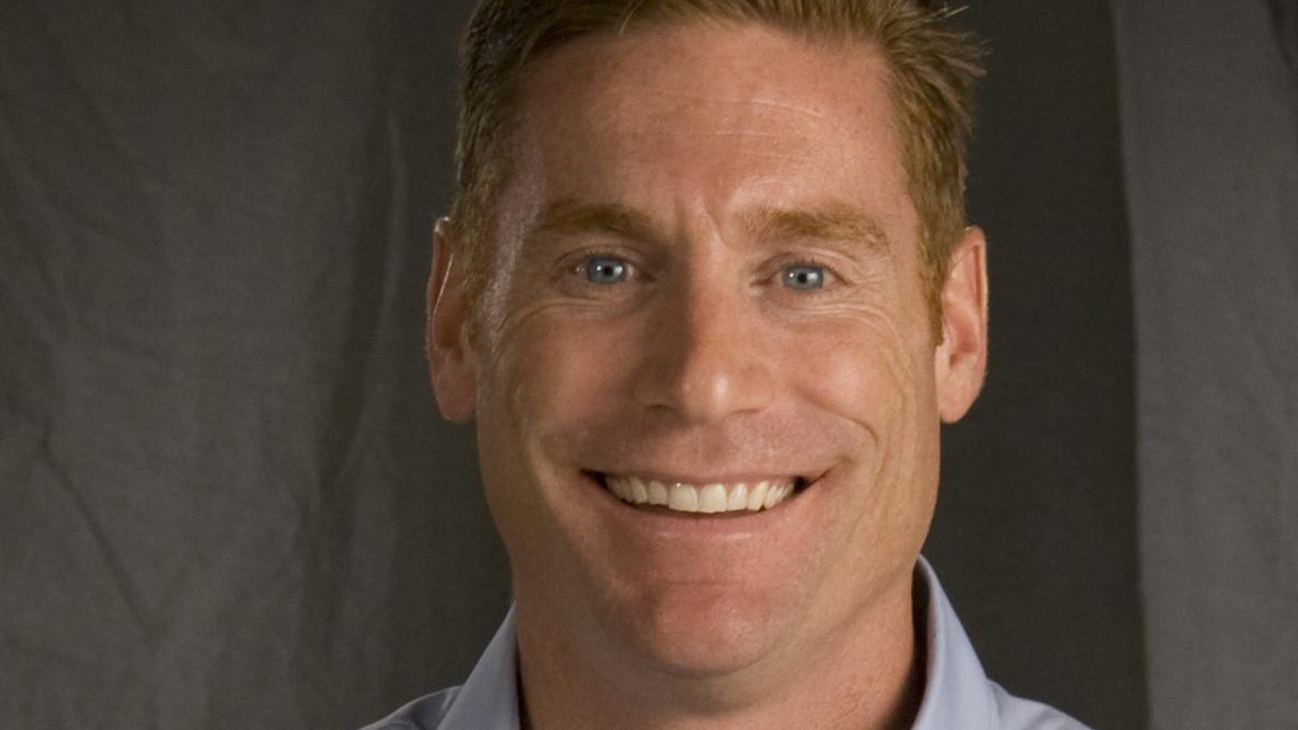While serving as the Director of Mental Training for the St. Louis Cardinals, Dr. Jason Selk helped the team win their first World Series in over 20 years, and in 2011 he assisted the Cardinals in the historic feat of winning their second World Championship in a six year period. Considered to be one of the nation’s premier performance coaches, Dr. Selk helps numerous well-known professional and Olympic athletes as well as Fortune 500 and Fortune 100 executives and organizations develop the mental toughness necessary for high-level success. In this article for Forbes, Dr. Selk explains why it’s important to make yourself uncomfortable to build confidence:
Mental toughness is 70% physical. These words are rarely spoken by people in the performance coaching field, even though they are true. When we think about what really causes a person to be mentally tough, we can’t overlook the importance of physical discomfort.
Several years ago while doing a study on collegiate and professional football players, I realized that the most effective method for athletes to speed up the process of developing mental toughness was for them to push themselves physically further than they thought they could go.
This idea applies to business people, athletes, and anyone else who wants to accomplish more, and do it better, in less time. When we force ourselves to be uncomfortable, and in many cases extremely uncomfortable, the natural result is an increased belief in self. Belief in self, or self-confidence, is the number one variable associated with mental toughness.
How Discomfort Benefits Us
If a nonathlete gets on the treadmill and decides to extend her daily 30-minute run by an extra 5 minutes, or adds an extra set of push-ups to the end of her normal workout routine, she will immediately experience an increase in self-confidence. This surge of confidence gets transferred to other aspects of her daily behavior and mindset: her self-image, her sense of goal achievement, her willingness to be outgoing, her sense of optimism and well-being, and so on.
In addition–and this is where it gets important for business–pushing oneself to discomfort emotionally will also speed up the process of mental toughness. For example, if you know you need to make dreaded cold calls to 15 prospect clients per day and you decide to go for 16 or 18 on a given day, you’ll end up feeling great about yourself. If you have a particularly difficult time having direct conversations with a boss or with a specific client, but force yourself into the discomfort, you’ll quickly see that the fear barrier was all in your head.
Practice Making Yourself Uncomfortable
Make yourself uncomfortable. You will learn a lot about yourself, including what you’re afraid of and what you’re made of. You literally begin to understand that you can do whatever you set your mind to.
I encourage all of my clients, athletes and business people alike, to have a goal of experiencing discomfort at least one time every day. Whether it’s running an extra three minutes on the treadmill or making one extra client contact per day. Discomfort jump starts and speeds up the process of mental toughness.

